Korean Jindo
The Korean Jindo is a dog breed that originated in South Korea. To be more precise, it originated in an inland called Jindo. These dogs are usually kept as companions and family pets. The Jindo is known for its fierce and incorruptible loyalty.
The Korean Jindo makes a great pet, but don’t think for a second that this is a peaceful and inactive breed that will lay all day until its playtime. These dogs are extremely active and even make great competitors in dog sports such as agility.
Make sure that you have enough time to satisfy this dog’s energy and activity requirements, and you will have a perfectly happy and loyal family pet.

Height:
18-22 in (45-56 cm)

Weight:
30-50 lb (13-23 kg)

Origin:
Republic of Korea

Life Expectancy:
12-14 years
Dog Breed Characteristics
The characteristics of the Korean Jindo are very spitz-like. These dogs are medium-sized and well-proportioned. The Jindo has well-developed muscles, and that gives them an impression of speed and agility.
The Korean Jindo has a triangular head and fully erect, triangular, and thick ears. Those traits are typical of primitive, spitz-type breeds. Jindos have almond-shaped, very dark brown eyes that have a lively impression. They are somewhat deep-chested, but their chests shouldn’t be too wide.
One of the most noticeable Korean Jindo characteristics is their tail. Like many other spitz-type dogs, they can be curled or sickled above their backs. Jindos can also have a straight tail-which is not typical for primitive breeds.
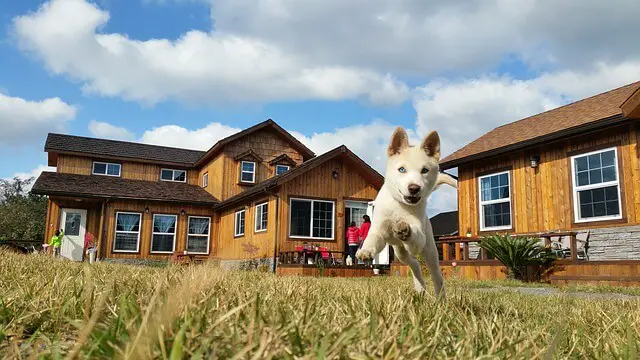
Grooming
Jindo has a double coat that will be shed year-round. They are naturally clean dogs, but they will still need proper grooming to look good. Regularly brush your dog to keep the amount of hair under control.
Jindo coat colors:
- red
- fawn
- white
- black
- black and tan
- wolf grey
- brindle
They will also need other basic care; brush their teeth at least three times a week. Check their ears for signs of infection and redness, bathe them regularly, and trim their nails if they don’t wear them down naturally.
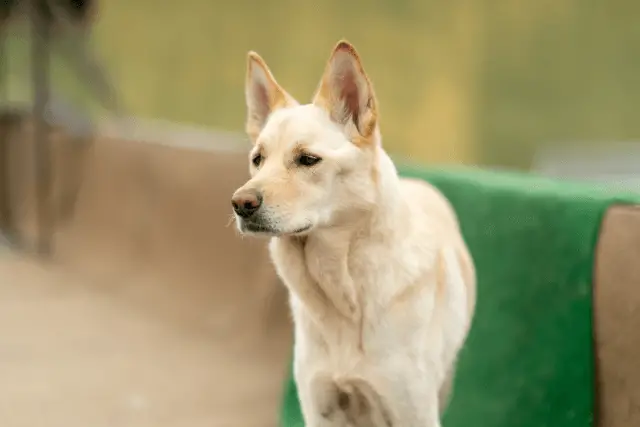
Exercise
This is a high-energy dog that requires daily activity to spend his energy. Korean Jindo will enjoy all the fun activities such as long walks, hiking, canine sports, or just playing with his owner. To make this dog happy, you will have to devote your time to playing sessions if you don't want him to develop behavior problems.
They will become bored and destructive if they don't spend all their energy outside.
Temperament
The original use for Korean Jindo was for hunting purposes. These dogs have natural hunting instincts, and it is a trait they still carry with them. They are intelligent and can be fast learners after they pass the stubborn training phase. They are known to have a strong will, especially at the beginning. The Jindo is a proud dog breed that wants to be respected.
The most impressive part of the Korean Jindo’s temperament is their fierce loyalty. There is a story in South Korea that mentioned a Korean Jindo, which was sold to new owners. After seven months, the dog returned to its breeder, exhausted and starving.
The most impressive thing is that the breeder lived 187 miles (300 km) away from the new owners.
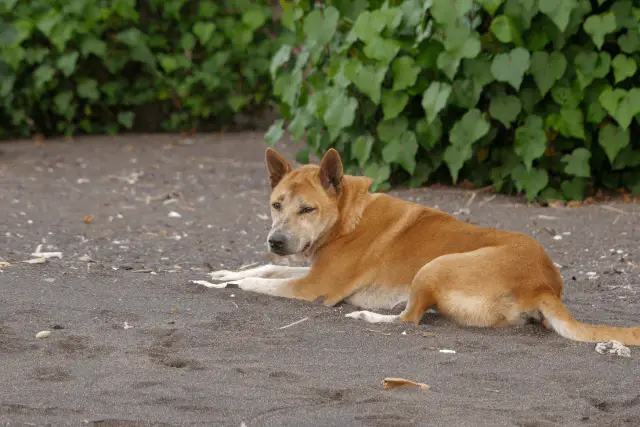
Training and socialization
Like any other dog breed, the Korean Jindo’s training should start as soon as possible. These dogs can be fast learners when they want to; the only problem is that they are usually stubborn initially. They want to feel respected, and if you manage to show them respect, they will reciprocate, and then they will want to please you and obey every command.
Arm yourself with loads of patience, and pretty soon, you will start noticing great results with your dog.
The Korean Jindo is a breed that was bred for hunting, so no matter how much you socialize them, they might never be trusted around smaller pets. These dogs are extremely loyal, and their loyalty results in then being very protective.
They are also distrustful of strangers, and all these traits can result in aggression. Early and proper socialization should curb such behavior. Take your Korean Jindo puppy to meet strangers and other dogs, and make sure it is a positive experience.
That way, your puppy will learn social rules and develop into a well-behaved and stable dog.
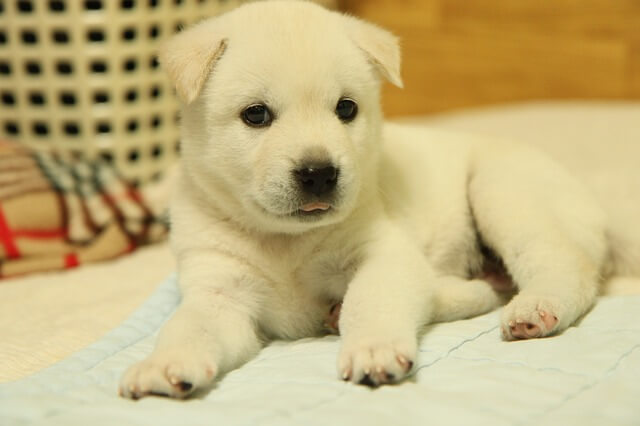
Health problems
Like any other dog breed, the Korean Jindo can potentially develop health problems. If you are buying a dog, make sure the breeder can provide you with the necessary health tests and guarantees. Always ask to see the results of tests from the puppy’s parents.
The health problems these dogs are associated with are:
- Hypothyroidism - A health problem caused by the hyperproduction of hormones from the thyroid gland.
- Hip dysplasia - Genetic problem affecting hips resulting from an improperly formed hip joint.
- Cataracts - Cloudy spots on the lens of the eye
The Korean Jindo is generally considered a very healthy breed that can live 12-14 years.
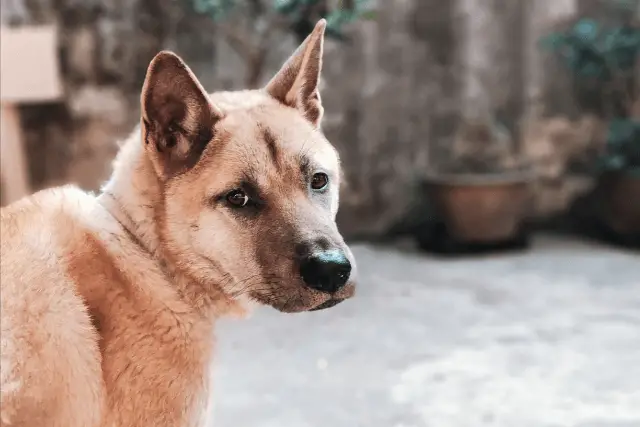
Korean Jindo breeders
A good thing about wanting to get one of these dogs is that they are not that popular. It is quite possible that you will get in touch with a proper, registered Korean Jindo breeder. Make sure that you get your Jindo from a registered and reputable Korean Jindo breeder.
Ask them as many questions as possible about these dogs and ask them for advice if this is a breed for you.
Dog breeders have spent a good portion of their life with the breed they are breeding, so they should be able to tell you exactly how these dogs are and what you need to know even before you get one.
World Dog Finder team

Updated at31.08.2023.
Breed History
Jindo dogs originate from the island in South Korea. They got their name from the name of the island. These dogs are called Korean Natural Treasure in their native land. They worked as hunters from the beginning, and they were excellent at their job.
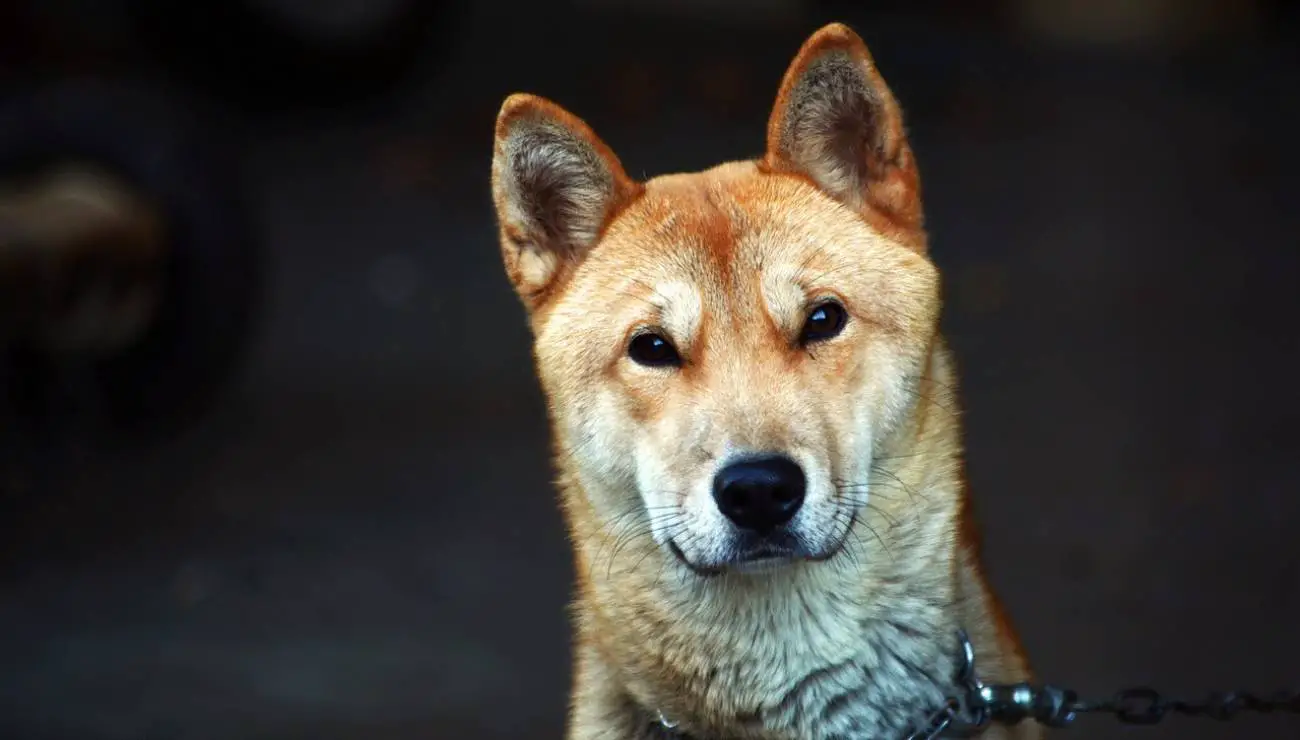
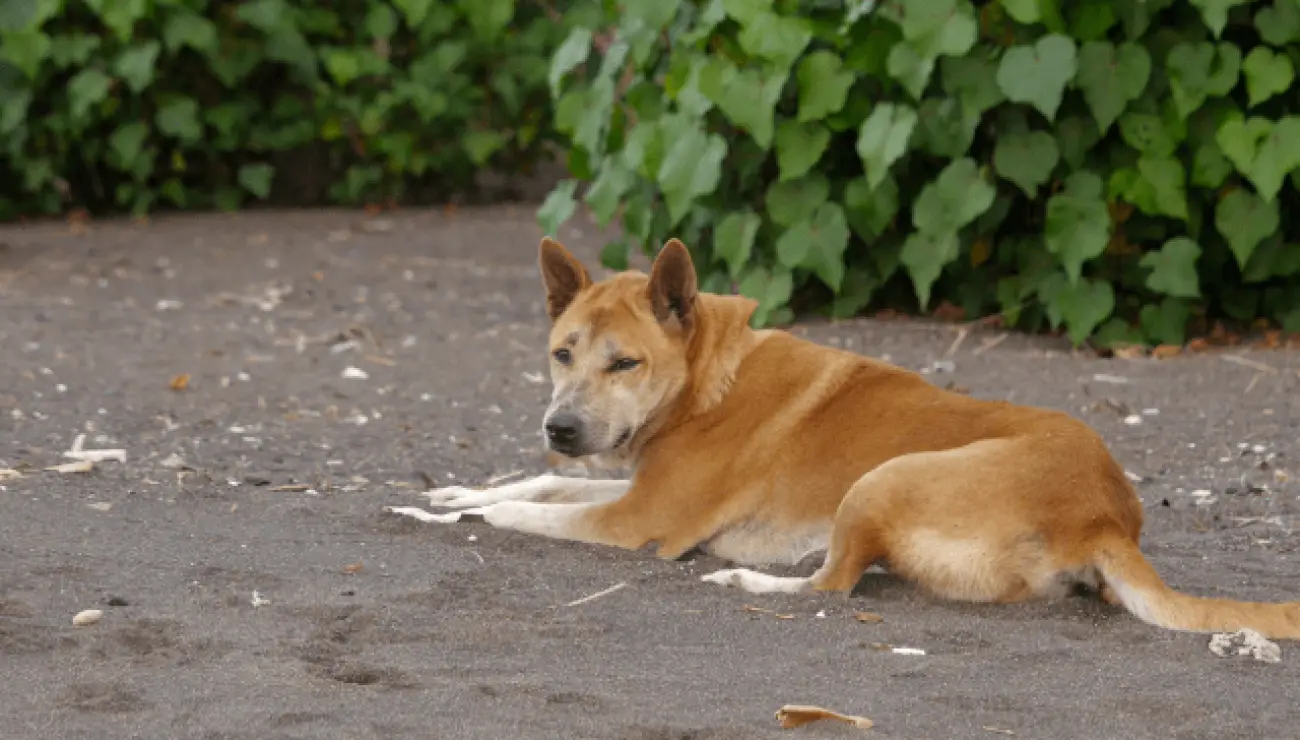
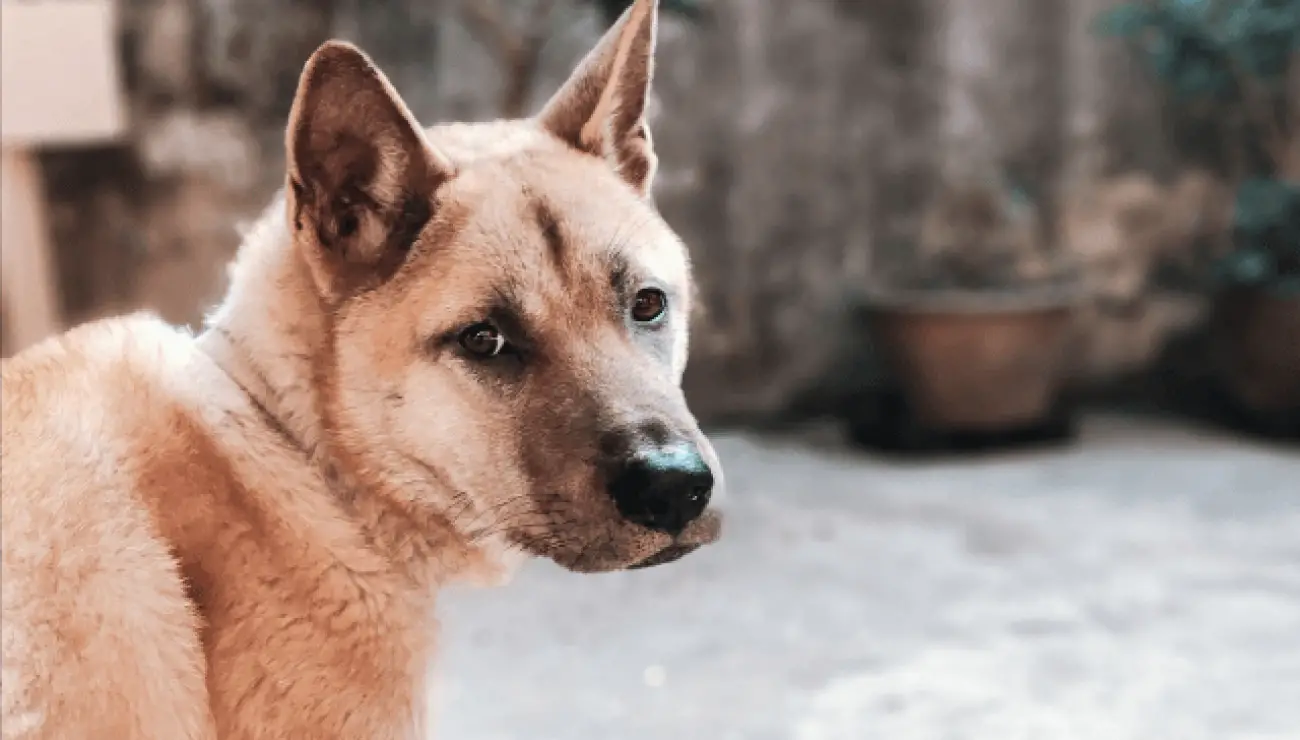
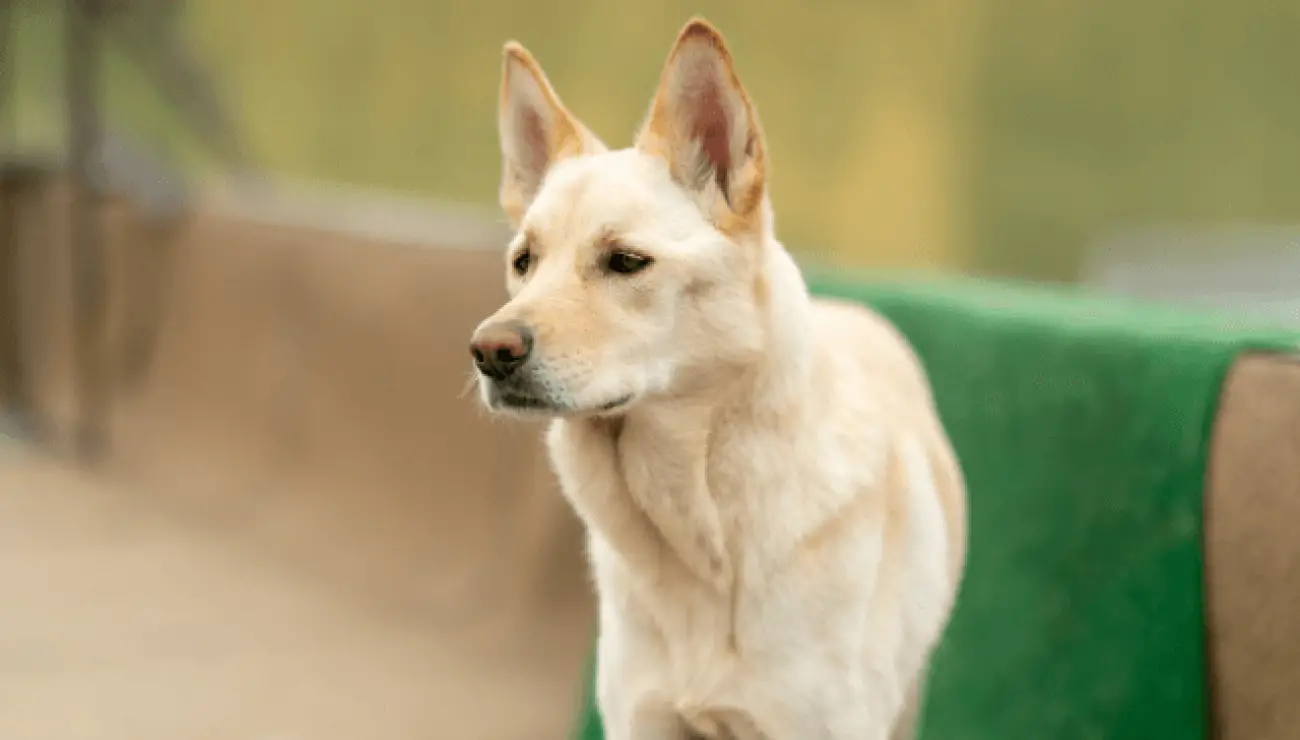
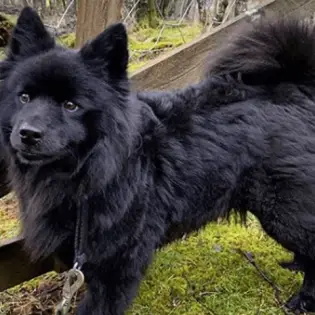
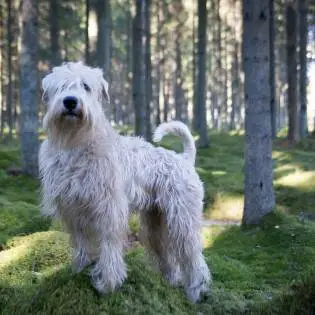
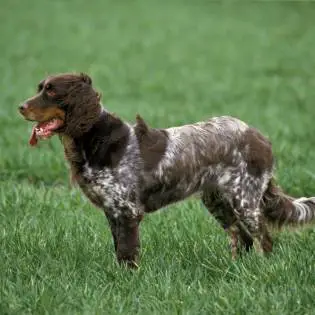
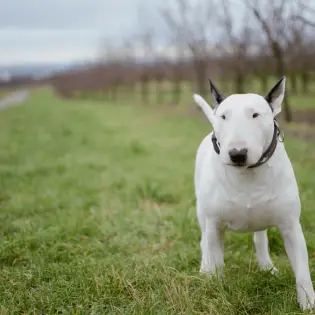
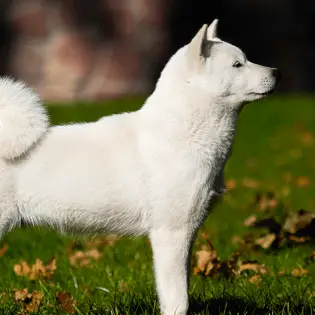
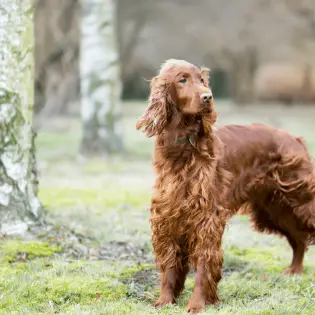
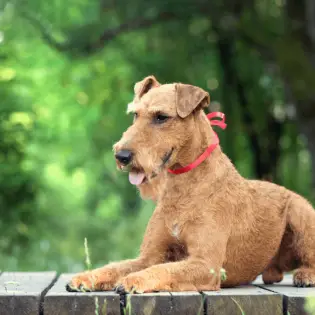
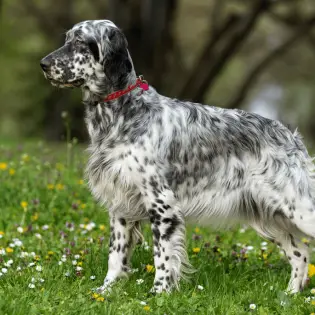

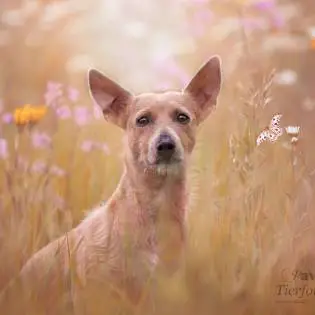

Share